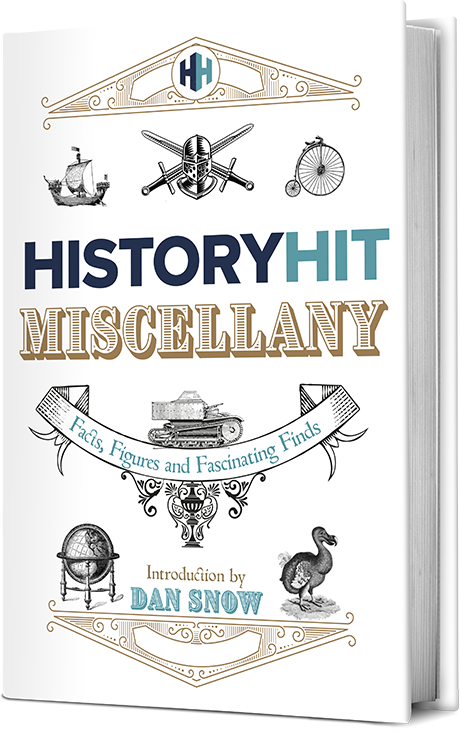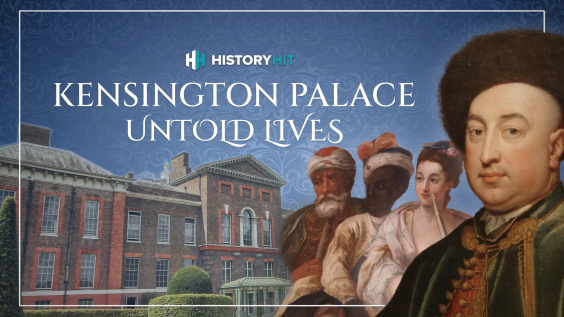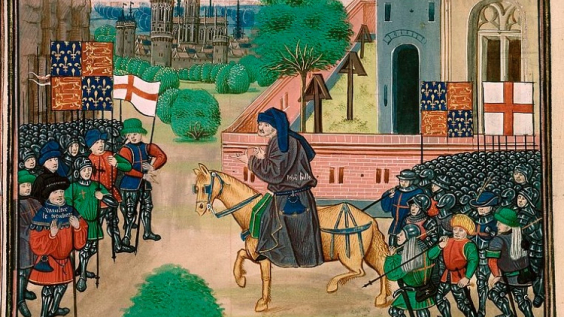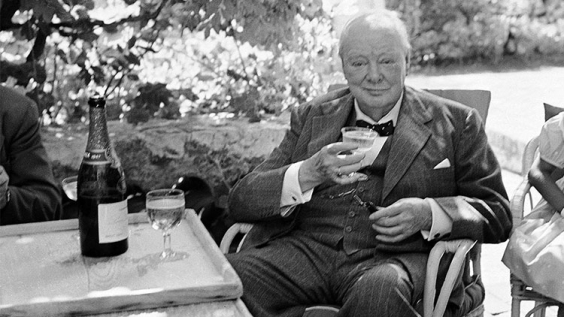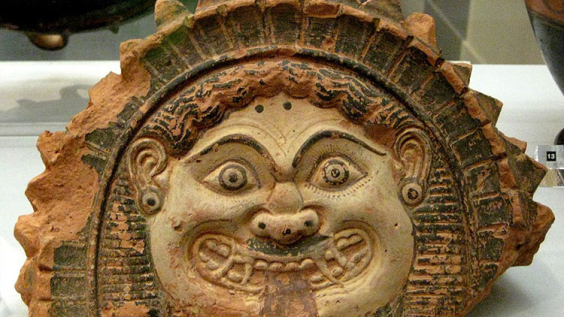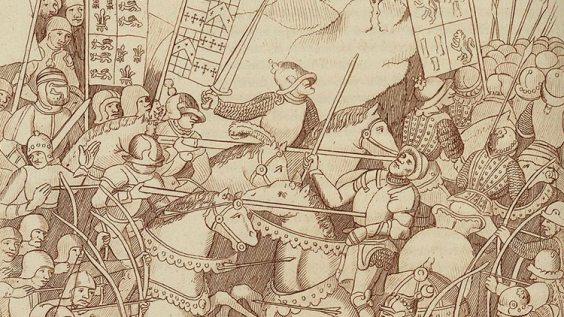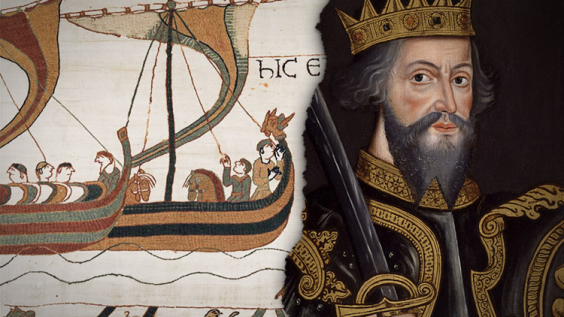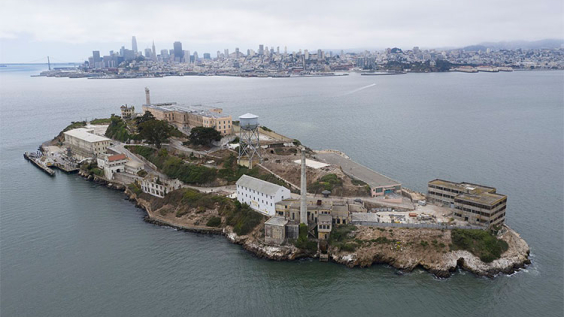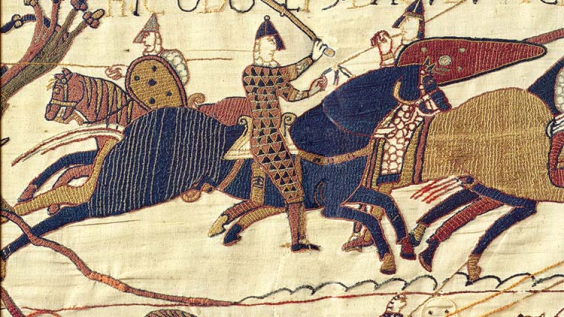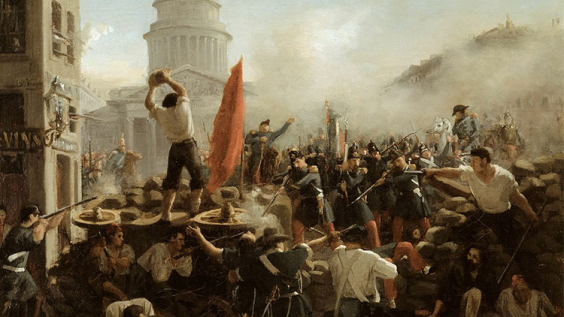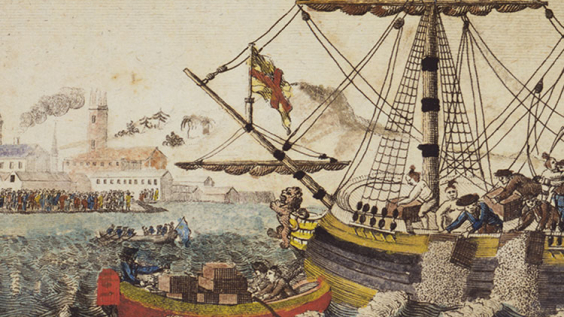
We think of William I as the man who sailed to England, won a battle and gained a kingdom, but we often forget to ask ourselves what he was actually like when he became King.
His first task was to consolidate his power. He had won a battle but opposition still remained, especially in the North. Rebellions would focus around several leaders over the next few years, especially Edgar the Atheling, the young man who had been proclaimed king, but never crowned.
 Listen Now
Listen NowIn doing this he drew on his experience as Duke of Normandy where he’d learned that extreme displays of violence would deter any future opposition. Nowhere was this truer than in Northumbria, where he responded to an uprising by laying waste to every town and village he could find.
Years later, in 1086 the Doomsday Book – a census of the population still showed evidence of the devastation. Even all those years later, entire communities had not recovered.
The age of the castle
One thing William had a profound effect on in England was the countryside, as for the first time he brought the castle to Britain. Prior to 1066, the closest things the Saxons had were fortified towns, built for a community refuge.
Here he built a network of vast stone castles, encasing England in an iron grip. These were not places of refuge, but instruments of power which stamped Norman authority on the landscape.
 Watch Now
Watch NowA new society
For the old Anglo-Saxon nobility, the coming of the Normans spelled disaster. William had favours to pay off and promises to be fulfilled. He took land from the Saxons and passed it over to his own people.
This was not just a dynastic war where one king would take over from another, but a complete invasion where Normans would assume control over the entire country, its culture, and its people.
 Watch Now
Watch NowEven 200 years later the effects were still evident. The Saxons had become second class citizens while Normal lords filled the ranks of the aristocracy. There were now two languages spoken: French was the language of the nobility while English was reserved for the riff-raff.
Only with the ascent of Edward the III and the start of the Hundred Years War did a new English identity emerge among the ruling class, and it was only Henry IV who for the first time in his coronation broke with tradition and addressed his subjects in English.

An illustration of William the Conqueror after the Battle of Hastings.
A record of the time
William’s reign was, then, a traumatic experience for England. It was dominated by the need to assert his royal authority and legitimise the gains made at Hastings. There is, however, one more contribution to discuss: the Domesday Book.
In 1086 William declared that a census be taken of his Kingdom, recording the productive assets of England, settlement by settlement, landowner by landowner. As a result, historians have an unprecedented amount evidence through which to see this time.

The Domesday Book.
On top of this the Normans brought fresh ideas to England in war, in governance and in culture. This together with the increasing amount of documentary evidence is one reason why some argue that England in 1066 was advancing into an even more sophisticated era.

